About 10 Fields
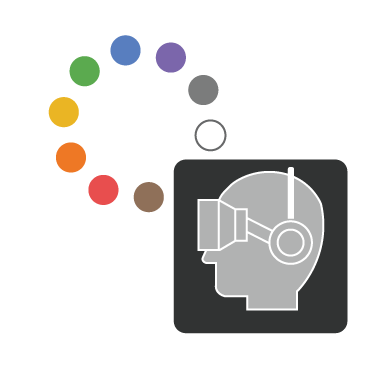
Media Interaction
Creating a new culture of life with media technology
Computers are not an impediment to humanity. If technology evolves more, we can create an information society that enriches people's minds. What we are thinking about is a free and flexible methodology to achieve this.
Kiyoharu Aizawa
Multimedia (Image Processing, Vision and Pattern Recognition, Big Data)
Toshihiko Yamasaki
Multimedia (Artificial Intelligence, Computer Vision, Machine Learning, Attractive Engineering)
Yusuke Matsui
Large-scale data retrieval
Yusuke Sugano
Computer Vision and Human-Computer Interaction for Intelligent Systems
Yoko Yamakata
Multimedia (image processing, natural language processing, dialogue systems, information retrieval, food IT)
Takeshi Naemura
Augmented Reality, Human Interface, Outdoor Image Recognition
Koji Yatani
Designing new user experiences with interactive systems
Yoshimasa Tsuruoka
Information Processing of Knowledge
Shin'ichi Satoh
Analysis and Retrieval of Large-Scale TV Video Archive
Takefumi Oishi
Spatio-Temporal Modeling and Representation of Real-Virtual World
Isao Echizen
How to Protect Ecological Information at the Boundary between Real World and Cyber Space
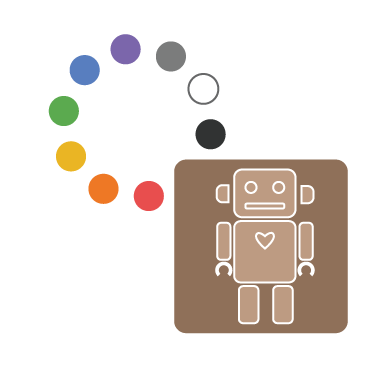
Intelligent Interfaces
Creating a system in which humans and computers coexist
Let's look at computers and humans as a single system. This will give us an idea of the kind of technology we should be pursuing now. From brain science to information technology, a variety of knowledge will be used to generate new concepts and foster the thought processes that will make these concepts a reality.
Yoshihiro Kawahara
Universal Information Network: Interest of Things, Origami and Soft Robotics
Hitoshi Iba
Artificial Intelligence to Compute Evolution
Nobuaki Minematsu
Computers that Speak, Listen, and Tell Us (Spoken Language Processing)
Yusuke Kanno
Computer Vision and Human-Computer Interaction for Intelligent Systems
Daisuke Saito
A computer that talks, listens and teaches (Spoken Language Processing)
Shunsuke Kamijo
A Comprehensive Study on Location Service
Yoichi Sato
Human Behavior Analysis by Computer Vision
Kaoru Sezaki Urban Space Sensing and Mobility
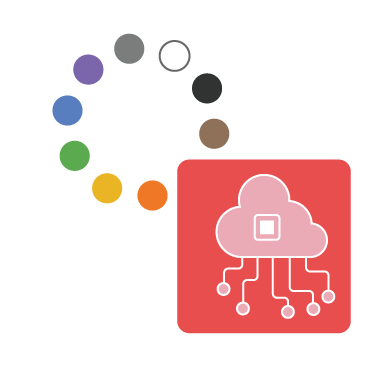
Network
Supporting the Development of an Advanced Digital Society
Information and communication networks have undergone a transformation from a mere communication infrastructure for computers to a communication infrastructure that supports the digital society. Today, information and communication networks are entering a new stage, involving all fields. Our Network Laboratory is responsible for the research and education that supports this technological innovation.
Hitoshi Aida
Network and Distributed Processing
Hiroshi Esaki
Internet by Design: Toward a Cyber-First Digital Economy
Hideya Ochiai
IoT :Fusion of Cyber Space and Real Space
Hiroyuki Morikawa
Changing Society, Industry, Economy, and Region with Digital
Tomohiro Kudoh
Creating a society that makes the most of data :High-speed processing of machine learning and data platforms
Masaya Nakayama
Wide-area distributed processing
Takefumi Ogawa
Interaction between Human, Things, and Things
Yuji Sekiya
Construction of Network Service Plan Using Software and Virtualization
Shinya Sugiura
Next Generation Wireless Communications :Connecting Quickly, Multiply, and Safely
Kanta Matsuura
Information Security, Privacy, and Trust
Yoshikai Narisue
Thinking about wireless and the future
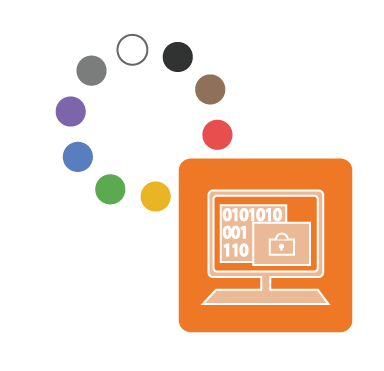
Computing
Creating the computer of the future
To understand the inner workings of computer systems and to design hardware and software with higher performance and reliability. In the information society, this is the driving force to create the future.
Shuichi Sakai
Toward a Happy Coexistence of Computers and Humans
Hidetsugu Irie
Creating and Using Computers of the Future
Rie Yamaguchi
Information Security Technology to Change Society
Kenjiro Taura
Simple and High Performance Parallel and Distributed Computing
Kengo Nakajima
Toward Application Algorithms in the Post-Moore Era
Hiroyuki Sato
Security as a Science
Toshihiro Hanawa
Next-Generation Supercomputer Technology by Integration and Emphasis of Computation Acceleration Mechanism and Communication
Koichi Hashida
Technology for individuals to generate, share, and utilize data securely, inexpensively, and efficiently
Masaru Kitsuregawa, Masashi Toyoda, Toshihiro Nemoto, Naoki Yoshinaga, Kazuo Goda Big Data Fusion Analysis Platform (Database System, Visual Data Analysis, Natural Language Processing, Earth Observation Data)
Yoshihiko Hasegawa
Mathematics of Complex Systems and Life
Takashi Shimokawabe
Large-scale simulations on supercomputers
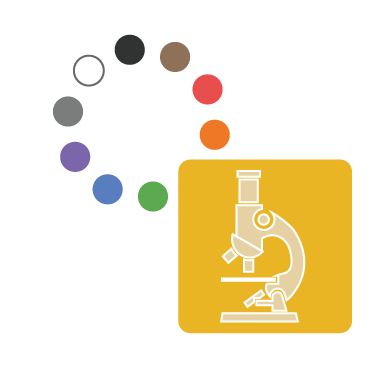
Systems and Electronics
Designing intelligence and sensitivity with integrated systems
Integrated systems with the intelligence to see, hear, and think like humans. Such advanced technology is the research area of this field. We aim to realize completely new electronics through the fusion of hardware and software.
Makoto Ikeda
Hardware Security and Measurement Security
Tetsuya Iizuka
Design Science - Science of circuit design technology and realization of high-performance systems
d.lab
Advanced Design Research Division
Yoshio Mita
Development of Advanced Integrated Microsystems Learning from Nature's Functions
Masahiro Fujita
Design Technology for Cyber Physical System
Makoto Takamiya
Create the IoT は Integrated Power Management
Tadahiro Kuroda
Creating the Future with IC-X
Ken Takeuchi
Data-Centric Computing (AI, Computation in Memory, Quantum Annealing)
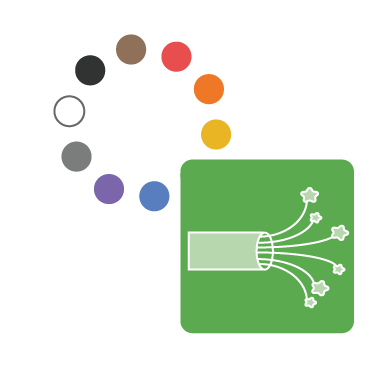
Photonics and Wireless
Sensing technology that makes full use of light and radio waves
In the advanced information society of the future, the importance of sensing technology using light and electromagnetic waves will increase. We are conducting research on sensing technologies that will support future society by making full use of a wide range of technologies, from hardware to software, in which electrical systems excel.
Yasuyuki Ozeki
Seeing the living body using light pulses
Shinji Yamashita
New laser and optical devices for optical communication and sensing using novel materials and structures
SSET STN YUN
Let's go change the world with laser-photonics research!
Akira Hirose
Seeing, feeling, and talking with radio wave eyes and brain functions Wireless Electronics + Neural NW
Ryo Natsuaki
Synthetic Aperture Radar Sees, Examines, and Measures the Changing World
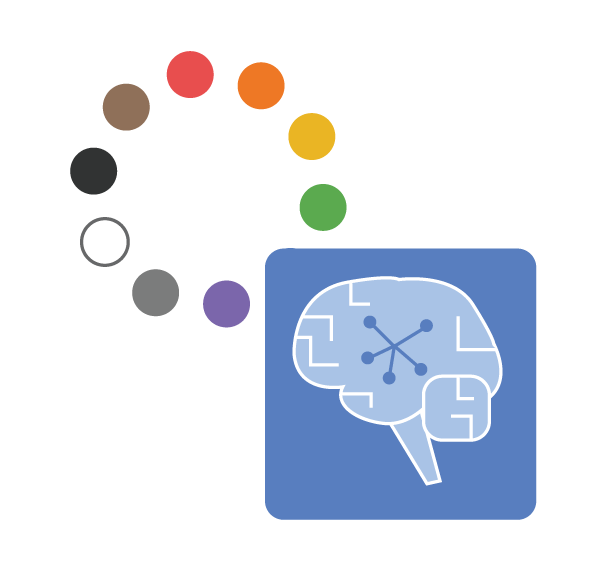
Complex Systems and Bioelectronics
Recreating the mechanism of life on a computer by using sensors
The excitation of neurons is caused by microscopic changes in electrical potential due to the movement of ions, and the activity of life is actually controlled by electricity. We are working on sensors and medical devices that can capture biological signals with high sensitivity, as well as research on the mathematical understanding of the mechanisms of life and their application to information processing.
Hitoshi Tabata, Hiroaki Matsui, Munetoshi Seki
Electronics to "Learn" Biotechnology and "Learn from" Biotechnology
Masaki Sekino
Nerve measurement, stimulation and medical devices in electronics
Takashi Kono
Neural Mimicry System :Mimicking the Nervous System to Achieve Flexible and Autonomous Intelligent Information Processing Systems
Tetsuya Kobayashi
Life Phenomena Captured from Information :Approaches Using Mathematical and Information Technologies
Gohei Tanaka
Dynamics of Complex Systems
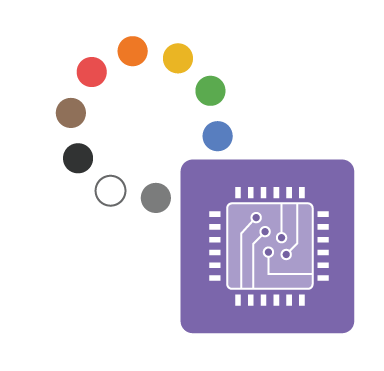
Innovative Devices
Mastering physics and developing innovative devices for the next generation
With the advent of the IoT and artificial intelligence society, the power consumption required for information processing is increasing exponentially. In order to realize a sustainable society, we are challenging to create cutting-edge devices that support the next generation by making full use of the latest knowledge in solid state physics, quantum mechanics, materials science, and statistical mechanics.
Shin-ichi Takagi
Ultra-low power CMOS semiconductor devices based on heterogeneous material integration
Mitsuru Takenaka
Next-Generation AI and IoT Devices Pioneered by Silicon Photonics
Takuo Tanemura
Semiconductor Integrated Photonics
Yoshiaki Nakano
Compound Semiconductor Integrated Circuits and Renewable Energy
Masakazu Sugiyama
Semiconductor Devices and Systems for Converting Sunlight into Fuel
Masaaki Tanaka
New Electronic Materials and Devices and Spintronics
Shinobu Ohya
Creation of spin current devices using semiconductor/oxide heteroepitaxy technology
Ryosho Nakane
Semiconductor spin functional devices
Masaki Kobayashi
Elucidation of physical properties of novel electronic and spintronic materials
Tomoyuki Yokota
Research on flexible sensors using organic materials
Takao Someya
Research on skin electronics using soft organic materials
Sunghoon Lee
Medical applications of soft and flexible devices
Hiroshi Onodera
Cancer Diagnosis with Microchip and AI, Doraemon's Hand with Flexible Sensor and AI
Satoshi Iwamoto
Physics of Photonic Nanostructures and Topological Wave Engineering
HOLMES MARK JAMES
Exploring new materials and their material properties
Kazuhiko Hirakawa
Terahertz nanoscience and extreme device physics
Masahiro Nomura
Physics of Nanoscale Thermal Conduction and Thermoelectric Conversion Applications
Takuji Takahashi
Exploring the Nanometer World with Nanoprobes - "Seeing" the Invisible
Hiroshi Toshiyoshi
Power Supply" as the IT Problem in 10 Years
Toshiro Hiramoto, Masaharu Kobayashi
The World of Silicon Nanodevices for Large-Scale Integration
CSRN
Center for Spintronics Cooperative Research and Education
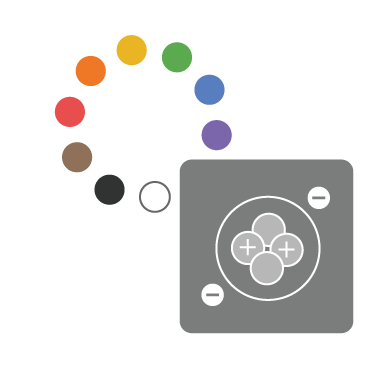
Environment and Clean Electric Energy
Creating the Next Generation of Electric Power Systems
Modern society is supported by electric energy and its experts. Let's use renewable energy, electric drive, superconductivity, plasma, nuclear fusion and other technologies to provide concrete answers to environmental problems.
APET
Advanced Power Energy and Environmental Technology Education and Research Alliance
Akiko Kumada
High voltage and high current engineering, insulation of electrical apparatus, plasma physics
Takashi Fujii
Laser Physics, Laser Sensing, Diagnostics of Electric Power Apparatus
Masahiro Sato
Realization of a decarbonized society in a materials-limited world
Akiko Kumada, Takashi Fujii
Frontier of High Voltage and High Current
Akihiko Yokoyama
Construction of Environmentally Friendly and Intelligent Smart Grid
Jyunpei Baba
Using Electricity to Create Electricity :Control of Devices for Smart Grid
Hiroyuki Osaki
Superconducting Technology for Next Generation Energy Devices
Ryuji Matsuhashi
Research on energy system analysis and realization of low-carbon society
Yasushi Ono
Development of Artificial Solar = Fusion Energy - Pursuit of Economical Fusion Reactor
Michiaki Inomoto
Realization of advanced fusion plasma
Ryo Ono
Fundamentals and applications of plasma (medical, materials, aerospace, plasma measurement and simulation)
Yoshitaka Okada
Next Generation Solar Cells with Ultra High Efficiency and Low Cost
Kazuhiko Ogimoto
Energy Integration and Smart Continuous Society
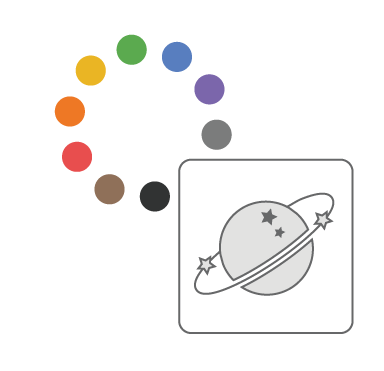
Next Generation Mobility
New transportation technologies will change the world.
New mobility is born from electrical and electronic engineering, such as electric vehicles and their automated driving, superconducting linear systems, drones, and space exploration. Let's learn together about the control technology that enables high-speed and high-efficiency electric drive and automatic driving.
Kazuyuki Hirose
Controlling flying objects at will
Tatsuaki Hashimoto
Control spacecraft freely
Takashi Kubota
Pioneering the Universe with Intelligent Exploration Robots
Seisuke Fukuda
Spacecraft/Satellite Systems and Sensor Signal Processing
Yoichi Hori, Hiroshi Fujimoto
The Power of Control Will Change the World! :Electric Vehicles, Wireless Power Supply, Power-Assisted Wheelchairs, and Electric Airplanes
Takafumi Koseki
Transportation Science :Moving People and Things with Electricity